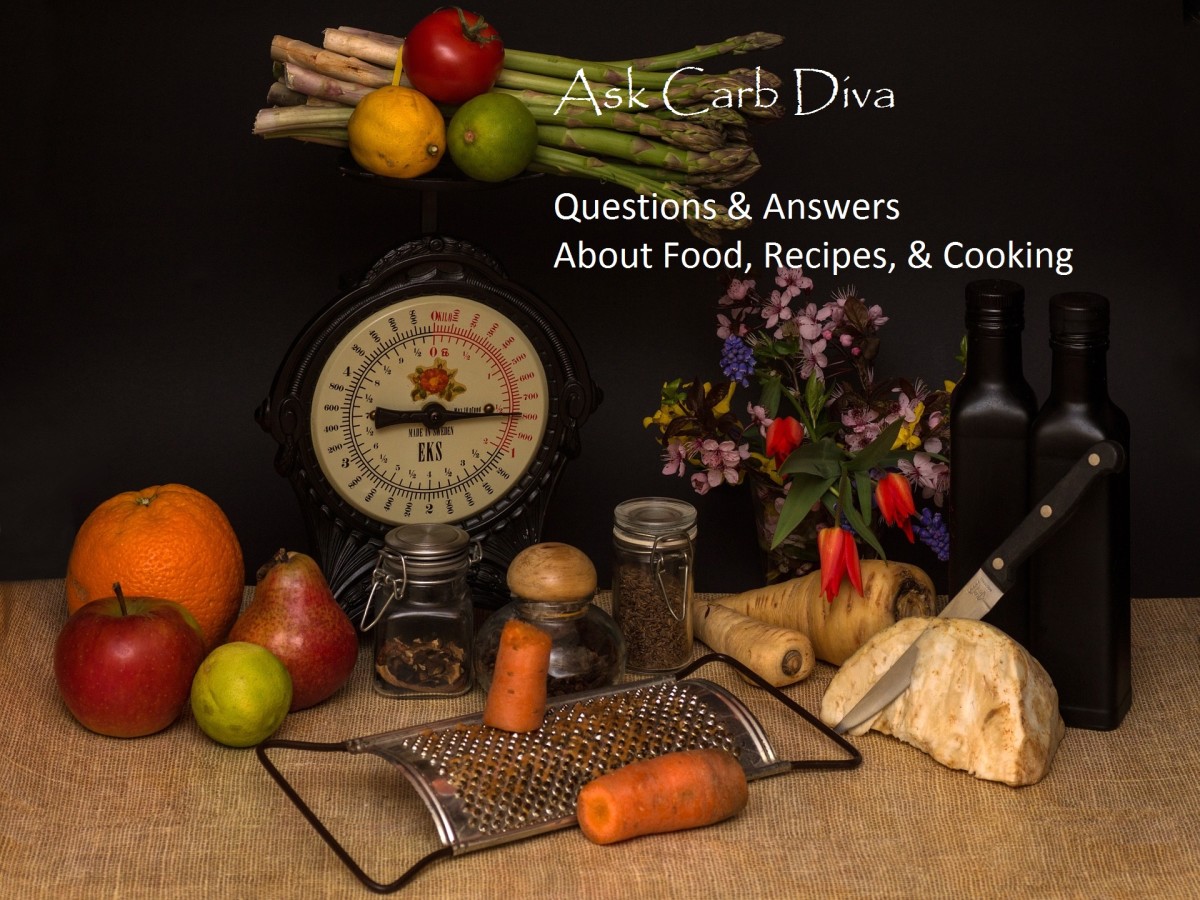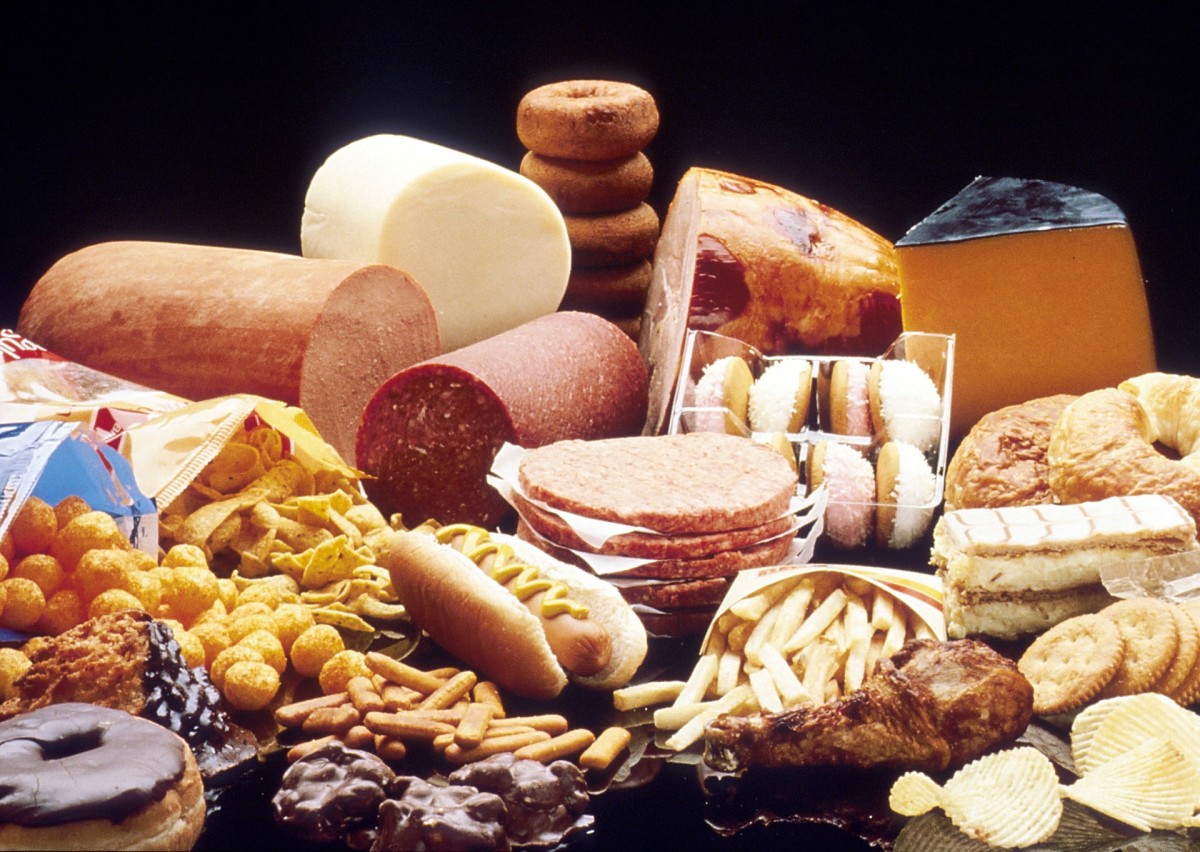Is Saturated Fats So Bad?
No, natural saturated fat may not be as bad as we had thought or as some people might think. Natural saturated fat has got a bad reputation because it was associated and lumped together with the bad trans fat, which really are bad.
In the 1990's, the media have been telling people to eat less fat. And when "low fat" food came onto the market, people have jumped on the low-fat craze. But nevertheless, obesity has been increasing. The problem with many low-fat processed foods is that they are higher in sugar.
Now in the early 2010's, the perceptions are changing. Evidence is mounting that sugar is worst than fat. It is not fat that makes us fat. It is sugar that is making us fat and increasing our risk of diabetes and heart disease.
Importance of Fats
Saturated fats make up 50% of our cell membranes, strengthens our cell walls, and plays a vital role to health.
Nora Gedgaudas spoke about the importance fats and cholesterol for mental health at the Ancestral Health Symposium (video on the right). The brain is 60% fat and half of that is saturated fat. She says that there is nothing more stabilizing to the brain than healthy natural dietary fat. Nothing more destabilizing to the brain than the dietary sugar and starch. She also mentions that cholesterol is most abundant in the brain and is essential for brain function.
Fats are needed to absorb certain nutrients and fat-soluable vitamins like vitamin D, A, E and K. Fats and cholesterol are needed to synthesize certain hormones. They also are part of the building blocks of our cell membranes.
Because fats are critical to the development of brain and nervous system, babies through teens should not adopt low-fat diets.
Most people believe that the brain runs on glucose. And to a certain extent, that is true. But ketones from fat metabolism can power most parts of the brain and can be a more stable and steady fuel provided that our body is adapted to fat metabolism.
Because statin drugs lower cholesterol, there are some theories that this lowering of cholesterol can causes brain fog as a side effect in some people taking statins.
Dr. Mark Hyman has a section in his book The Blood Sugar Solution titled "Fat Does Not Make You Fat" in which he says ...
"Without enough of the right type of fats, your biology breaks down at the very root."
Why Some Studies are Flawed
In the video on the right, registered dietitian Annette Presely looked at the various fat and cholesterol diet studies and explains why some earlier saturated fat and cholesterol studies have flaws such as confounding factors, multiple dietary interventions, and inaccurate animal models.
Some earlier studies even lumped bad trans fat (which we know is bad) into the saturated fat category. Many did not distinguish between saturated fat from grass-feed cattle versus corn-fed. Other studies reports on "relative risk" rather than "absolute risk" making the numbers and effect seem larger than they really are.
Saturated Fat Myth
Book: "Fat and Cholesterol are Good for You"
Why Were We Told To Reduce Fat?
One contributing factor to the original "low fat" movement was based on Ancel Keys "Seven Country Studies" where the graph of seven countries showed an association between those country consuming high fat with higher death from coronary heart disease.
This was an epidemiological longitudinal study where the data of 22 countries were available. Why did Keys select only seven and why those seven countries? But if you pick another different 7 countries, you can show an inverse correlation. And if you looked at all 22 countries, you see no correlation.
This selection bias was one criticism of the study. Dr. Mercola, Sally Fallon Morell, Annette Presley and others have pointed out. Ancel Keys "Seven Country Studies" have been debunked by newer studies.
Dr. Uffe Ravnskov write such criticism of the study in his book Fat and Cholesterol are Good for You. He mentioned that when others re-analyzed the data using all 22 countries, the association between fat consumption and coronary heart disease death disappeared. He also questioned the reliability of the data in the first place, saying that "fat consumption" is really the data of fat produced in the country plus fat imported minus the fat used for other purpose other than consumption. This calculation is not necessarily the fat consumed. In addition, the number of death from heart disease was based on death certificates, which may not be reliable.
Saturated Fats Can Raise Good as Well As Bad Cholesterol
Saturated fat does raise overall cholesterol.
Jillian Michaels says in Master Your Metabolism that although saturated fat raises your bad LDL cholesterol, certain types of saturated fat also raises the good HDL cholesterol. Quoting from page 98, she writes ...
"Some researchers believe that saturated fat are not nearly as dangerous as has been suggested, because their effects on LDL and HDL actually canceled each other out."
And she is right. Because the Journal of American College of Nutrition has a chart showing how different types of saturated fats affect the HDL and LDL cholesterol. In particular, the saturated fat lauric acid that is found in coconut oil raises the good HDL cholesterol just as much as the bad LDL cholesterol. However, some would argue that the rise in the good cholesterol in other fats are not enough to counter-balance the greater rise in the bad cholesterol.
Chris Masterjohn did a very convincing presentation at the Ancestral Health Symposium explaining that it is the oxidation of the lipids and cholesterol in the arteries due to extended time they remain in the arteries caused by slow uptake by the LDL receptors that is the real problem.
Watch the video of him on the right.
Some Saturated Fats Better Than Others
Most people agree that healthy fats from avocados and olives are healthy. And the saturated fat in coconuts are healthy. If you do eat meat, choose organic, grass-fed meat. Dr. Weil still recommends avoiding the skin in chicken and turkey because they contain the inflammatory arachidonic acid.
And it is well agreed by many that trans fat is bad. Some countries such as Denmark has banned trans fat. Trans fats are manufactured by altering the chemical structure of vegetable oil via subjecting them to high temperatures and pressure making the oil go rancid in the process.
Although, these trans fats are lump together and labeled as "saturated fats" in processed food labels, they are not the same and are chemically different from the saturated fats in animal and plant products.
Avoid trans fat. These are fats in processed and deep fried foods where vegetable oil are hydrogenated under high temperatures and pressures. These are the worst types of fats. Avoid foods that contains the words "hydrogenated vegetable oils". These are chemically altered fats that increase risk of heart disease.
In fact, do not consume vegetable oils if you can help it.
Shift to Low Carb
The low-fat movement had resulted in a high sugar diet which resulted in the epidemic of obesity and metabolic syndrome. As people realized that sugar was the real culprit in these chronic diseases, there was a shift to lower consumption of sugar and carbohydrates in the early 2000s.
The movement to reduce consumption of carbs is known as "low-carb diets" with the degree and amount of restriction varying widely. Sometimes they are known as "slow-carb diets", whose name reflect the fact that certain good carbs are okay as long as they turn into sugar slowly. Carbs with low glycemic index are the the ones that turns into sugar slowly. You can also make carbs turn into sugar slower by adding fiber, protein, and/or fat with the carbs. Diets that advocate low-carbs and high fat are also known as LCHF ("low carb high fat" diets). See why some people are eating 50% of the calories from fats.
Note:
his article was written May 2012 and is only opinion at the time of writing. It is not medical or nutritional advice. Author may receive compensation from the display ads on this page.









